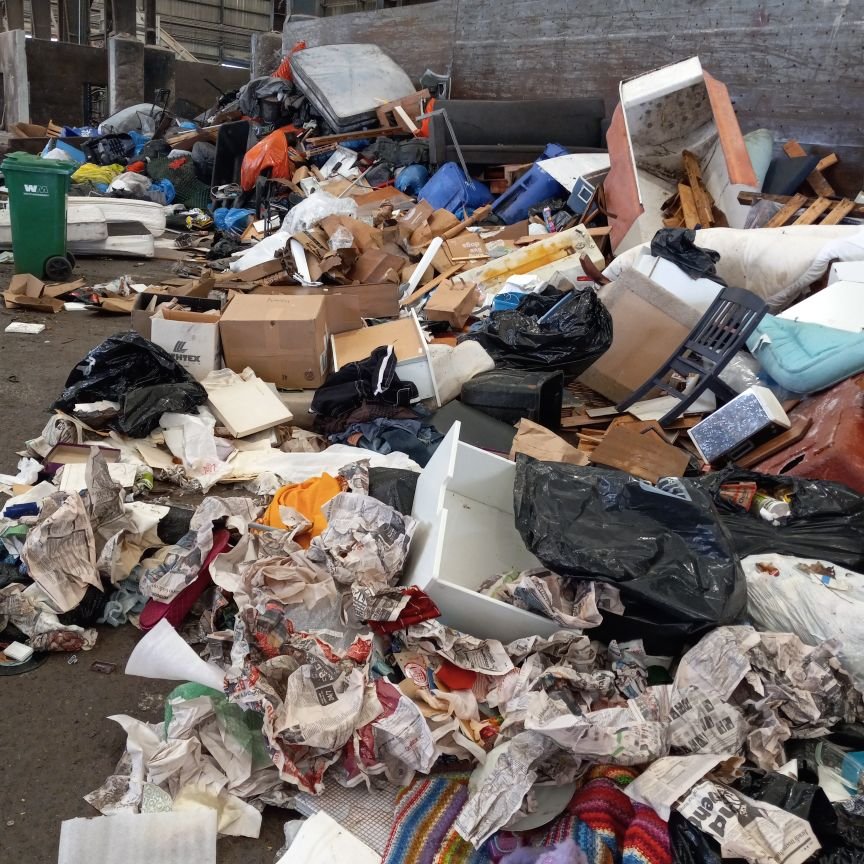Browsing Liquid Waste Difficulties with Reclaim Waste Melbourne's Expertise
Browsing Liquid Waste Difficulties with Reclaim Waste Melbourne's Expertise
Blog Article
Enhancing Environmental Sustainability With Strategic Liquid Waste Elimination Solutions
In the world of ecological sustainability, the reliable management of liquid waste stands as a vital focal factor in maintaining our ecosystems and securing public wellness. Allow us get started on a trip to reveal the transformative potential of tactical liquid waste administration methods in improving ecological sustainability.
Relevance of Fluid Waste Management

Among the crucial reasons liquid waste administration is crucial is its direct effect on public health and wellness. Without treatment or poorly treated liquid waste can include dangerous virus and chemicals that pose major health and wellness threats to areas. Infected water sources can cause waterborne conditions, influencing both human health and communities. Appropriate administration of liquid waste helps avoid these health and wellness dangers and makes sure the health of the population.

Obstacles in Liquid Waste Disposal
Given the important value of appropriate liquid waste administration in protecting public health and environmental well-being, it is essential to address the various challenges associated with fluid waste disposal techniques. One considerable difficulty is the lack of ample framework for the collection, therapy, and disposal of liquid waste.
Another obstacle is the existence of dangerous materials in liquid waste, including chemicals, hefty metals, and pathogens. Appropriate identification and therapy of these unsafe elements require specialized understanding and equipment, which might not constantly be readily offered. Furthermore, the cost of applying risk-free disposal practices can be too high for some districts and sectors, causing further and non-compliance ecological damages.
Sustainable Fluid Waste Solutions
In the middle of journalism requirement for effective fluid waste management methods, the vital of sustainable remedies emerges as an extremely important issue for ecological preservation and public wellness. Sustainable liquid waste remedies encompass a series of innovative innovations and techniques intended at minimizing the environmental effect of garbage disposal. One key technique is the execution of advanced therapy procedures that promote the reliable and safe elimination of contaminants from liquid waste streams. Furthermore, the fostering of circular economic climate concepts, such as waste-to-energy campaigns and source recovery programs, can assist lessen waste generation and make the most of the use of beneficial resources.
Additionally, sustainable liquid waste solutions prioritize the preservation of water sources via the application of water recycling and reuse methods. By repurposing and treating wastewater for non-potable applications like irrigation or industrial procedures, these remedies add to water conservation efforts and minimize the pressure on freshwater resources. Generally, the combination of sustainable fluid waste remedies not only supports ecological sustainability yet likewise fosters a healthier and extra durable society for future generations.
Advantages of Strategic Elimination Practices
Strategically executed elimination practices play an important duty read here in optimizing liquid waste management systems for environmental sustainability and public health protection. By embracing critical removal methods, companies can dramatically reduce the environmental effect of fluid waste disposal.
Furthermore, these practices promote resource healing by making it possible for the extraction of important products from fluid waste streams. This not just lowers the dependence on virgin resources but also supports the circular economic climate concepts of reuse and recycling. In addition, critical elimination techniques can enhance operational efficiency and cost-effectiveness by streamlining waste management processes and optimizing resource allotment. In general, the benefits of tactical removal practices extend beyond ecological sustainability to incorporate financial benefits and boosted public wellness results.
Implementing Reliable Ecological Strategies
Effective execution click now of ecological techniques is paramount in attaining sustainable liquid waste monitoring methods. To start with, firms need to conduct comprehensive ecological analyses to determine potential threats and effects associated with their fluid waste disposal procedures. By comprehending the ecological ramifications of their procedures, organizations can develop targeted methods to reduce injury to environments and linked here public health.
In addition, executing reliable environmental approaches involves establishing clear goals and goals for fluid waste administration - Reclaim Waste Melbourne. These objectives ought to specify, quantifiable, obtainable, pertinent, and time-bound (SMART) to make sure accountability and track development in the direction of sustainability targets. Companies can likewise take advantage of modern technology and development to enhance fluid waste treatment processes, minimize source intake, and enhance general effectiveness
Cooperation with regulatory companies, stakeholders, and ecological specialists is another key element of effective approach execution. By engaging with external partners, organizations can acquire important understandings, accessibility sources, and make certain compliance with environmental laws and policies. In general, a critical and aggressive strategy to ecological management is important for reducing environmental risks and promoting long-term sustainability in liquid waste removal practices.
Conclusion
In conclusion, strategic fluid waste elimination remedies play a critical duty in improving ecological sustainability. By attending to the difficulties in liquid waste disposal and implementing sustainable techniques, we can lower the unfavorable effect on the atmosphere - Reclaim Waste liquid waste removal. It is necessary to prioritize reliable ecological techniques to ensure the long-term wellness and wellness of our planet
By applying reliable waste administration practices, such as correct collection, treatment, and disposal methods, the threats connected with liquid waste can be dramatically minimized.
Given the important value of proper fluid waste administration in safeguarding public health and wellness and environmental health, it is crucial to address the countless difficulties linked with liquid waste disposal techniques. Sustainable fluid waste services incorporate a variety of cutting-edge innovations and techniques aimed at lowering the environmental influence of waste disposal.Tactically applied removal techniques play an essential duty in optimizing liquid waste management systems for environmental sustainability and public wellness security. On the whole, a proactive and calculated method to ecological management is vital for minimizing environmental dangers and advertising lasting sustainability in liquid waste elimination techniques.
Report this page